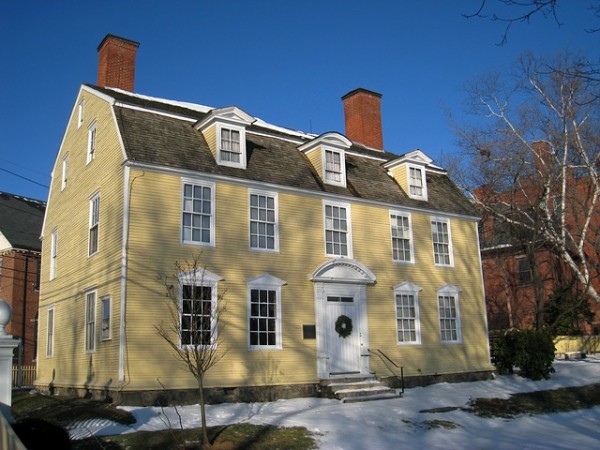There are certain areas of the country that experience an inordinate amount of snowfall each year. While these areas are fabulous for skiing, mountain climbing and a host of other activities, they pose some real risks too. Snow and ice accumulation happens over the course of the winter, it’s unavoidable, and it can be very dangerous.
In terms of mountains, accumulated snow and ice can result in a deadly avalanche. This is why trained experts conduct controlled explosions to limit the buildup and prevent potentially deadly situations from developing. While your roof is no mountainside, and you certainly wouldn’t want to be tossing dynamite on it to rid it of accumulation, you do have to be cautious of the buildup throughout the winter.
If you live in an area that experiences heavy snowfall throughout the winter, you’ll want to protect your home, family, guests and property, from the dangers that accumulated snow and ice can pose.
Snow Guards
Depending on the pitch of your roof, a lot of snow or ice could build up over the winter season, or in just one blizzard. If the pitch on your roof is great enough, this could result in heavy sheets of snow and ice sliding off your roof – in fact, you may be all too familiar with the event already. While this may seem like just a part of owning a home in such an area, you are probably also aware of how dangerous and damaging this falling snow can be.
A sheet of falling snow at the wrong time could strike a guest coming up your walk way, it could land on a vehicle, a pet, yourself or even damage another aspect of your home, such as landscaping (trees). When and how much of this snow comes careening off your roof at any given time is entirely unpredictable, how do you protect yourself and others against it? Simple. Snow guards.
Snow guards are a type of pad system that are installed into your roofing. These pads act as a staggered barrier, which provides a strong surface for snow and ice to build up against, and acts as a stopper to prevent it from sliding off. Snow guards come in several styles and can be installed on almost every type of roofing material.
Is it right for your home?
Certain homes are unlikely to require snow barriers, but others should have them installed without a doubt. How do you know which category your home falls into? Easy. The best way to determine if you should install a snow guard system is to first consider the pitch of your roof, and secondly the roofing material.
The more extreme the pitch of your roof is (think Victorian style houses with steep roofs), the more likely you are to require a snow guard system. If you have a decided less steep roof, or your roof is flat, you would not benefit from a snow guard – or may only require it in a specific spot, like above an entry way. As well, some roofing materials naturally provide far less friction than others, making it easy for snow or ice to slip off of it.
Aluminum or steel roofing products are smooth and sleek which makes them a lot like a slide at a waterpark when it comes to snow. Even if the pitch of your roof is not particularly grand, if you have a steel or aluminum roof you may want to investigate whether a snow guard system should be installed.
On the other hand, low pitched roofs that are shingled are far less likely to be at risk for accumulation sliding off because the grit of the shingles creates friction for the snow to stick to, and the pitch isn’t enough for gravity to overcome said friction.
How do you decide?
The best way to determine if you should be investing in a snow guard system is to consult a professional. You can speak with an engineer to find out what sort of risk your home poses based on your climate, or you can contact a snow guard manufacturer, who will likely provide a consultation and estimate to determine suitability of the product. They may also suggest an entirely different product, such as a snow rail system.
This article was written Eugene. F. Wallace, a specialist writer on construction, in whose opinion, snow guards are effective tools that greatly reduce the dangers associated with snow and ice gradually accumulating on a building’s roof.
